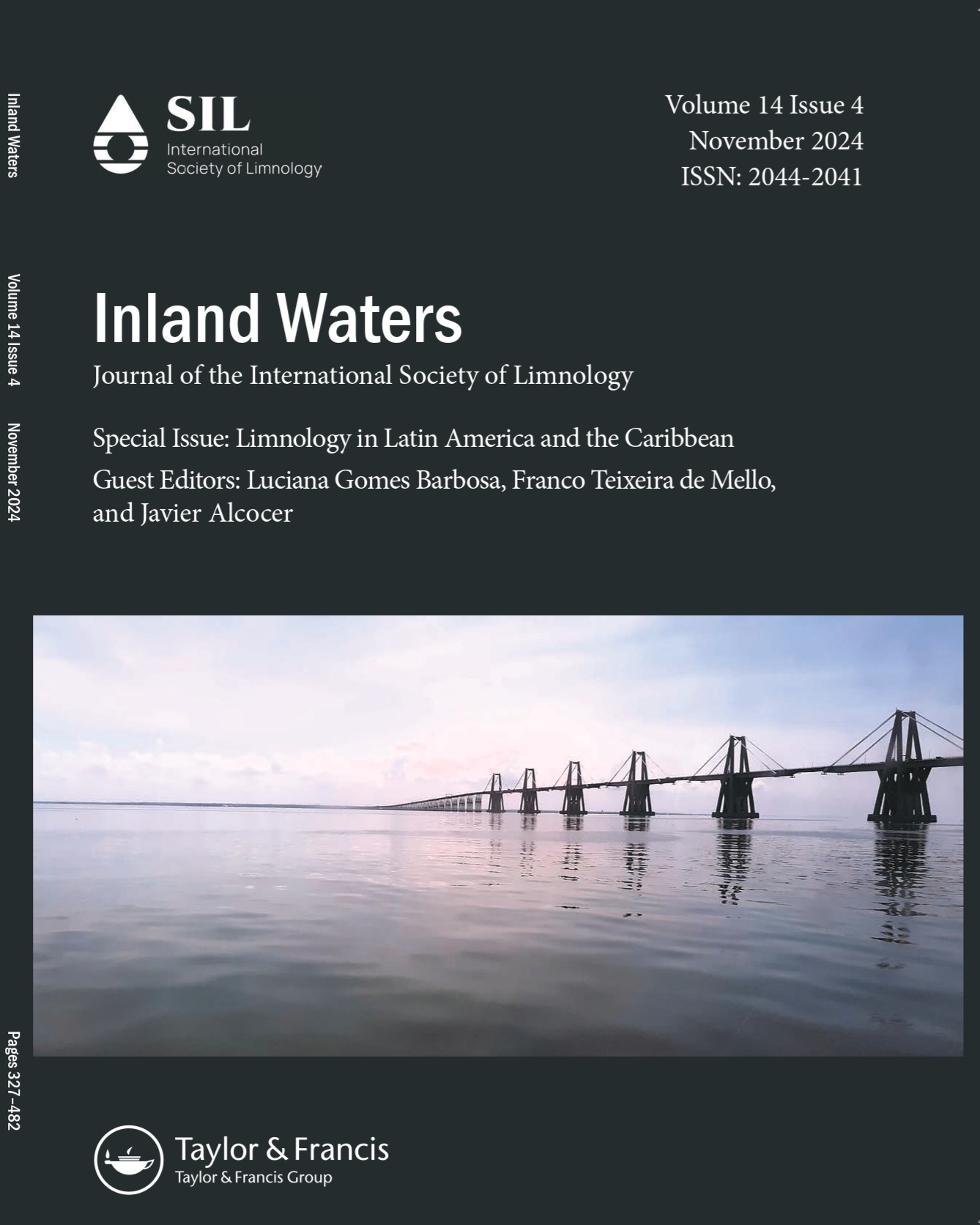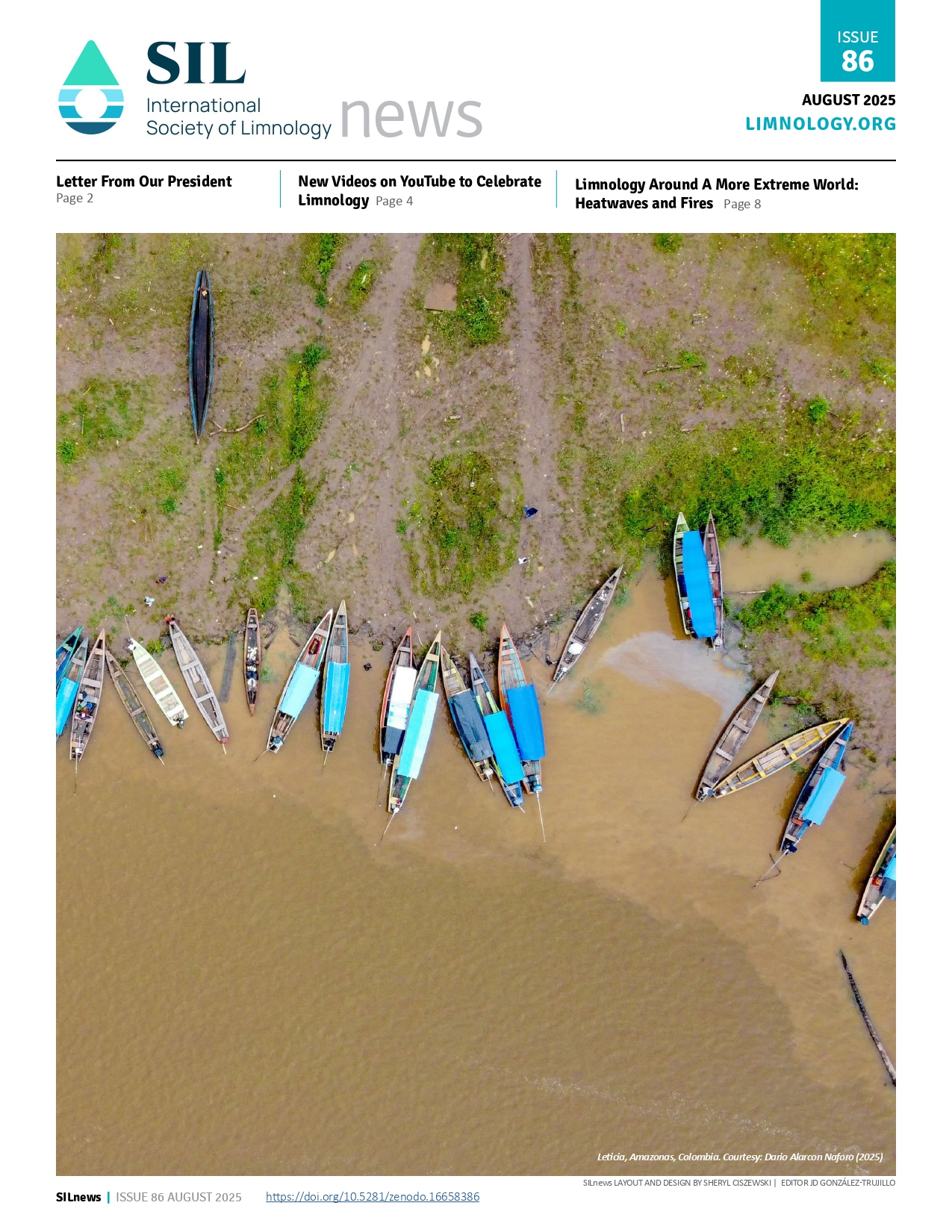Plankton Ecology Group - PEG
Contact Person
Chairs
PEG activities are chaired by Lisette de Senerpont Domis (Chair, Netherlands Institute of Ecology) and Ali Ger (Co-chair, Universidade Federal do Rio Grande do Norte, Brazil).
Aims
The PEG (Plankton Ecology Group) is a SIL working group whose primary interests are to further plankton ecology research, by facilitating exchange of ideas, observations, scientific theory and other relevant information. PEG strives for a bottom-up process in creating scientific exchange, where diverse perspectives – regardless of career stage, gender, geographic origin and other diversity dimensions are honored.
PEG is among the oldest and highly cited working groups of the SIL, and has met more than 20 times since its creation in 1976. Meetings are typically in symposium and workshop formats, fostering an integrated, critical, and holistic approach to study plankton ecology, often resulting in international cooperative studies with significant contributions to the scientific literature. Meetings to date have generally been thematic in nature, with the objective to both discuss and prepare critical review papers emerging out of these deliberations. To facilitate global science, PEG is also open to data driven synthesis across different regions.
History
After the 1976 IBP (International Biological Program) meetings, many of its plankton members continued on a more informal basis to cooperate and exchange information. It was around 1977 that PEG became SIL affiliated. The first meeting in Oslo 1976 and subsequent elaborations during meetings in Edinburgh, London, and Warsaw resulted in the first PEG paper: Bottrel et al. 1976. A review of some problems in zooplankton production studies (Norwegian Journal of Zoology 24: 419-456). Since then the PEG has come together on a regular basis, more recently in the Netherlands (2010), Mexico (2012), Hungary (2013), and China (2015).
Latest Updates & Current Activities:
Publications:
Sommer et al. 1986. The PEG-model of seasonal succession of planktonic events in freshwaters. Archiv fur Hydrobiologie 106: 433-471.
Larsson & Dodson 1993. Chemical communication in planktonic animals. Archiv fur Hydrobiologie 129: 129-155.
Gulati & DeMott 1997. The role of food quality for zooplankton: remarks on the state-of-the-art, perspectives and priorities. Freshwater Biology 38: 753-768.
Sommer et al. 2012. Beyond the Plankton Ecology Group (PEG) model: Mechanisms driving plankton succession. Annual Review of Ecology Evolution and Systematics 43: 429-448.
Senerpont Domis et al. 2013. Plankton dynamics under different climatic conditions in space and time. Freshwater Biology 58: 463–482.
Special Issue:
Plankton Dynamics in a Fast Changing World, Freshwater Biology 58: 455-623, 2013.
Proceedings of the PEG, Inland Waters, Volume 4, Issue 3, July 2014
Join this working group:



